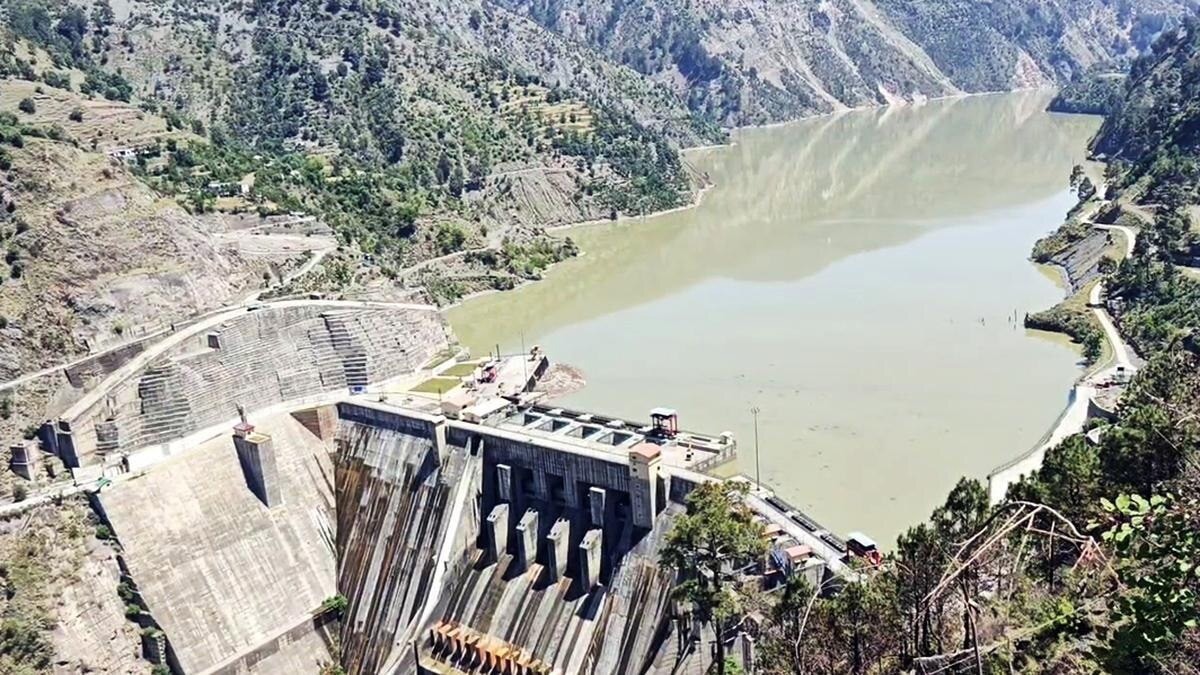 Image Source : MSN
Image Source : MSN
In a rare diplomatic outreach amid suspended bilateral mechanisms, India has alerted Pakistan about a potential flood in the Tawi River, despite the Indus Waters Treaty (IWT) being officially placed in abeyance. The alert, conveyed through the Indian High Commission in Islamabad on August 24, marks the first formal contact between the two nations since the April 22 Pahalgam terror attack and subsequent military escalation. The move has drawn attention for its humanitarian intent, bypassing traditional treaty channels to prioritize civilian safety.
Key Highlights From The Alert
- India issued a flood warning for the Tawi River in Jammu via its High Commission in Islamabad
- The alert was sent outside the framework of the Indus Waters Treaty, which remains suspended since April
- Pakistani authorities responded by issuing advisories in vulnerable areas based on the Indian input
- This marks the first diplomatic communication between India and Pakistan since Operation Sindoor in May
Background: Treaty In Abeyance
- The Indus Waters Treaty, brokered by the World Bank in 1960, governs water sharing between India and Pakistan
- India controls the eastern rivers—Ravi, Beas, and Sutlej—while Pakistan relies heavily on the western rivers—Indus, Jhelum, and Chenab
- Following the Pahalgam terror attack that killed 26 people, India suspended the treaty as part of a broader diplomatic and military response
- Routine hydrological data sharing and early flood warnings were halted, leaving Pakistan without access to upstream alerts
Why India Issued The Alert Anyway
- Despite the treaty suspension, India chose to send the flood warning as a humanitarian gesture
- Heavy rainfall in Jammu and Kashmir had pushed the Tawi River to hazardous levels, threatening downstream regions in Pakistan
- The Indian High Commission bypassed the usual Indus Water Commissioners and directly informed Pakistan’s Ministry of Foreign Affairs
- The decision reflects India’s commitment to disaster ethics, even amid strained diplomatic ties
Pakistan’s Response And Monsoon Crisis
- Pakistan’s National Disaster Management Authority (NDMA) has warned of continued heavy rainfall until August 30
- Earlier monsoon spells from June to August have already claimed 788 lives and injured over 1,000 people across Pakistan
- Based on India’s alert, Pakistani authorities issued warnings in flood-prone districts to prepare for potential overflow from the Tawi River
- The alert helped local agencies mobilize resources and initiate evacuation protocols in vulnerable zones
India’s Domestic Situation
- In Jammu, intense rainfall damaged infrastructure including a key bridge on the Jammu-Pathankot highway
- The Sahar Khad and Ujh rivers also swelled, prompting flood alerts across Kathua, Reasi, and surrounding districts
- The Jammu and Kashmir Disaster Management Authority issued advisories for flash floods, cloudbursts, and landslides
- Local residents in low-lying areas were seen manually draining water from inundated homes, highlighting the severity of the situation
Diplomatic Implications
- The alert may signal a softening of India’s stance on selective cooperation, especially in humanitarian contexts
- It also underscores the limitations of treaty-based diplomacy during times of conflict and the need for alternative communication channels
- While the Indus Waters Treaty remains suspended, the move could pave the way for future engagement on shared environmental and disaster concerns
- Analysts suggest that such gestures, though limited, help maintain a baseline of civility in otherwise frozen relations
Conclusion
India’s decision to alert Pakistan about potential flooding in the Tawi River, despite the suspension of the Indus Waters Treaty, reflects a nuanced approach to diplomacy—where humanitarian considerations override political deadlock. As both nations grapple with climate-induced disasters and regional instability, such actions may serve as a reminder that even amid conflict, cooperation on life-saving issues remains possible.
Sources: News18, Outlook India, Times Now, Financial Express, Firstpost.
Advertisement
Advertisement



